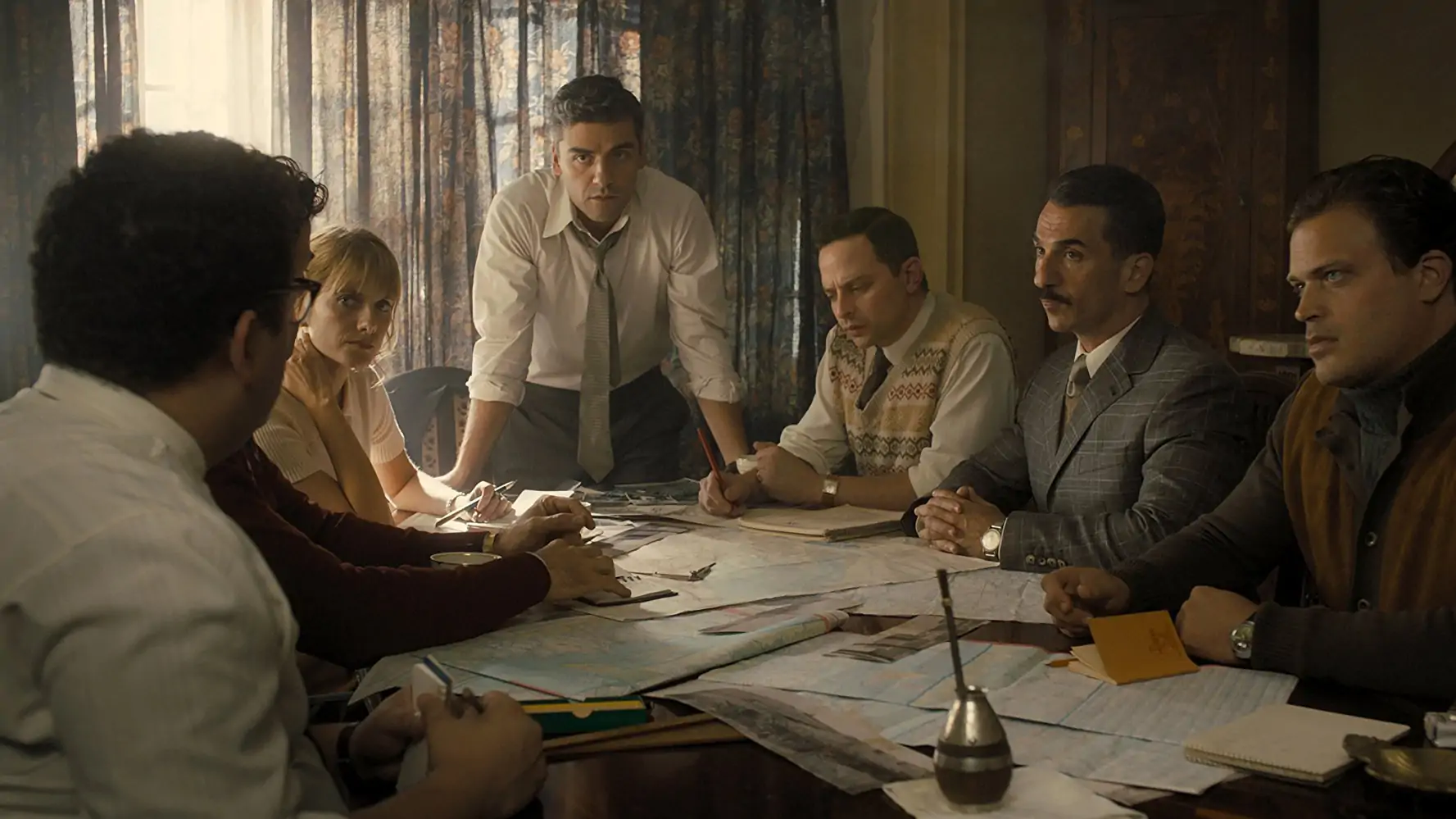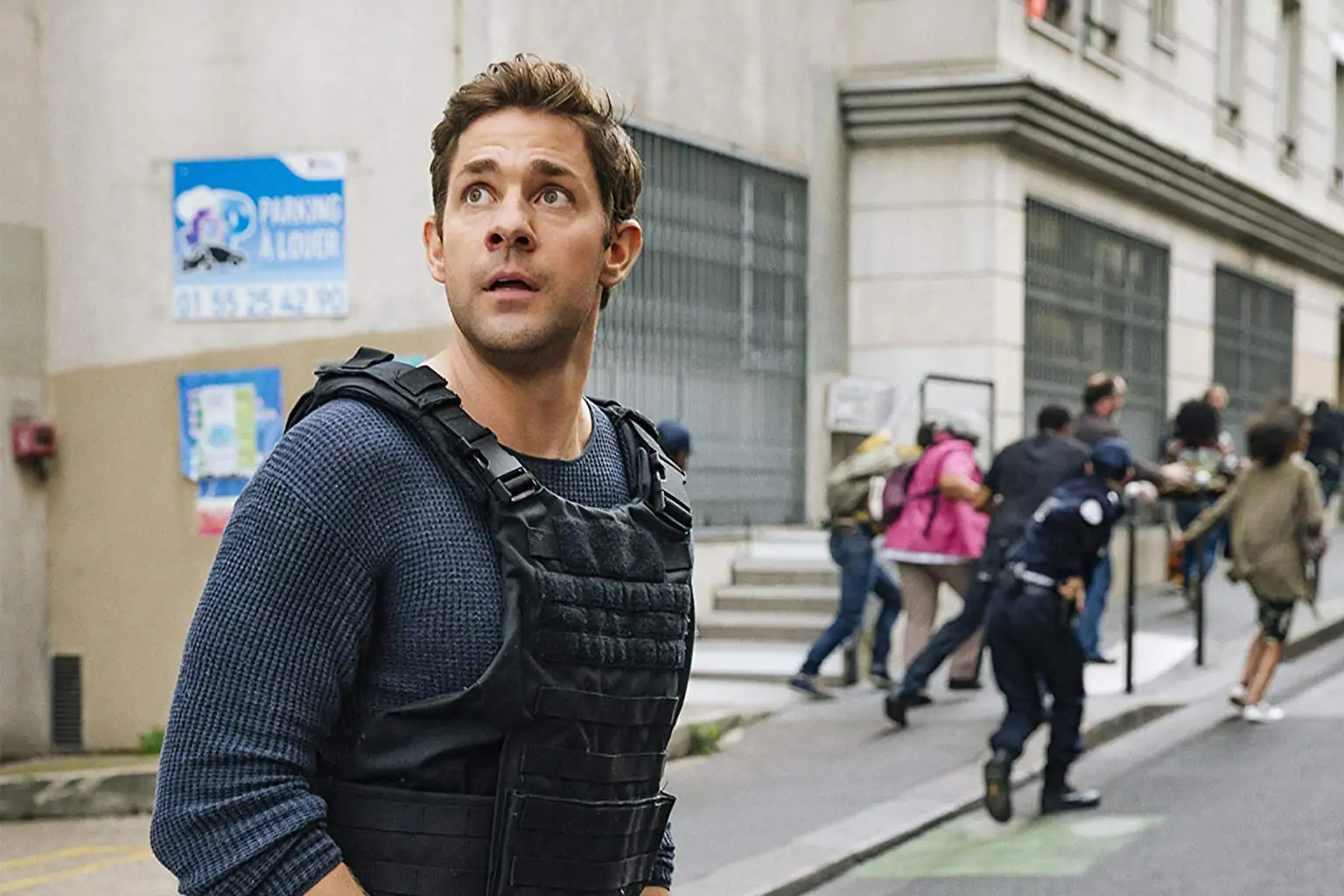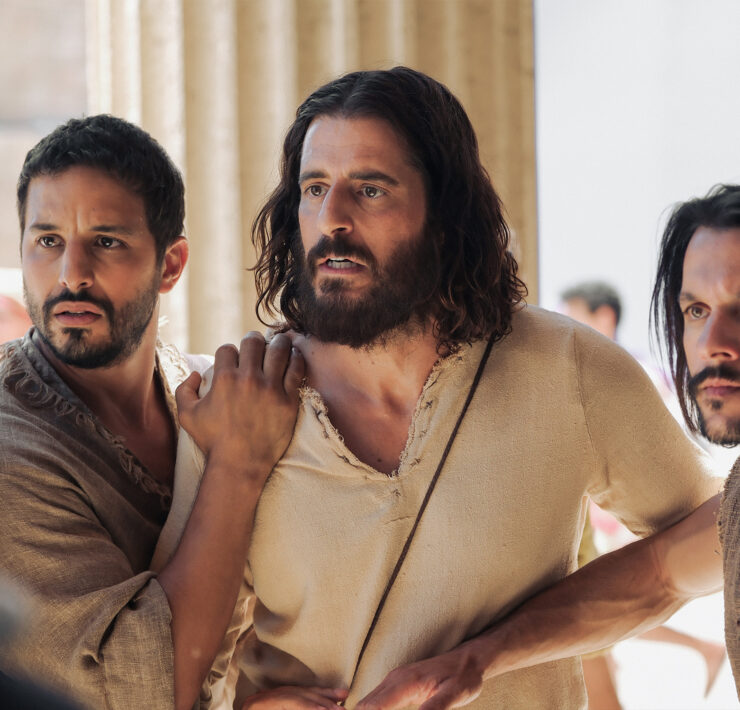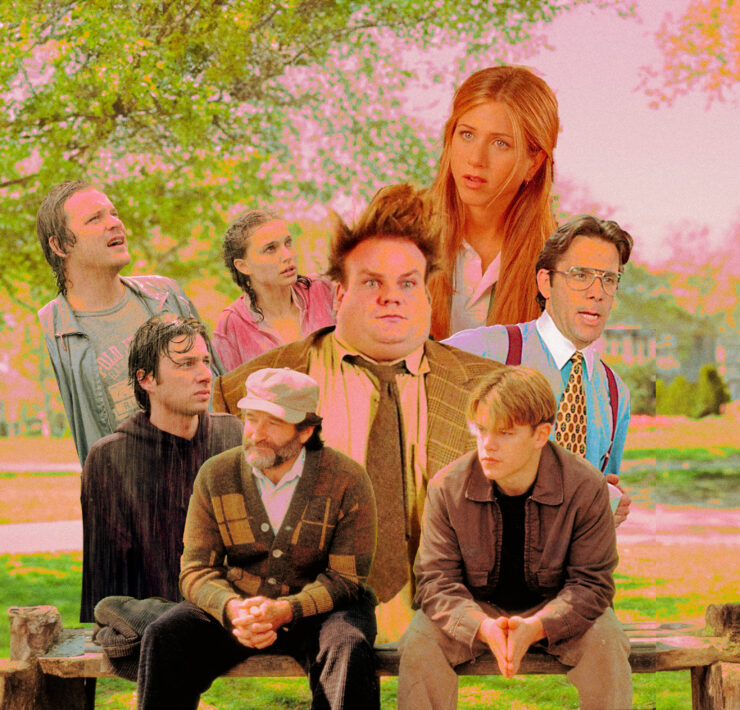
After World War II, Holocaust survivors discussed the Anne Frank Test: “If the Nazis returned, which of our non-Jewish friends would hide us?” It’s a stark assessment of a person’s fortitude and courage, but there’s a more challenging dilemma in regards to how we confront forces of evil. The truest measure of integrity would be to hold complete power over someone who committed unspeakable crimes against the people you love the most, then choose forgiveness over revenge.
This question drives Operation Finale, a post-WWII thriller following the real-life hunt for Adolph Eichmann (played by Oscar-winner Ben Kingsley). Eichmann was a high-ranking Nazi official known as the “Architect of the Final Solution.” In plain English, he was one of the chief inventors of the genocide that killed than 6 million Jews and 6 million non-Jews.
Operation Finale is told from the perspective of Peter Malkin (Oscar Isaac), an Israeli Special Ops agent who lost more than 150 relatives to the Holocaust, including his sister and her three children. A real-life James Bond type known for bucking orders and going rogue, Malkin begs for a spot on the extraction team to bring Eichmann back to Israel to stand trial for his crimes.
BRINGING RESONANCE THROUGH PERFORMANCE
At the heart of Operation Finale is the interplay between Isaac’s Malkin and Kingsley’s Eichmann. Malkin kidnaps Eichmann with relative ease, but the straightforward snatch-and-grab mission is complicated when the plane scheduled to carry the Mossad agents back to Israel is grounded for 10 days.
Facing execution if they’re caught by Argentine forces, the Israeli agents are forced to keep watch on Eichmann 24/7. It’s in the confines of the safehouse that Malkin, clearly tempted to execute Eichmann rather than let the Nazi mastermind face a fair trial, learns an unexpected lesson: His captor is a human being. An odd camaraderie builds up as Malkin and Eichmann share stories and discuss their families. It’s an unimaginable scenario, except for the fact it happened.
As a thriller, Operation Finale is good, not great, but the dramatic tension and believability between Isaac and Kingsley makes up for the missteps. In the hands of this masterful duo, the question of whether Malkin can swallow his lust for vengeance and forgive his captor comes to the forefront.
ASKING DEEPER QUESTIONS WITHOUT SACRIFICING ENTERTAINMENT VALUE
Awards season movies can often veer into the territory of “appreciate, but don’t actually enjoy.” This is often because hardware-winning flicks like 2018 Best Picture winner The Shape of Water push themes over narrative in order to deliver a clear statement, sometimes at the expense of the story being told.
Of course, if a movie has nothing to say, you wind up with a viewing experience that’s all sizzle and no steak. But as the car chases and comic book characters of summer blockbusters fade, the pendulum often swings too far in the other direction, toward movies that are so preachy they take the audience out of the viewing experience.
Fortunately, Operation Finale walks the tightrope between depth and entertainment without slipping. It’s a based-on-true-events story that trusts the audience to connect the dots of systemic hatred, press into the struggle to choose justice over revenge and let the history speak for itself. The real struggle of these soldiers, who must protect a man responsible for the murder of their families and friends, is enough without ham-fisted dialogue or obvious sermonizing. The central dilemma here is arresting on its own.
For Christians, Operation Finale may provoke difficult questions about choosing forgiveness from positions of power. Sure, Jesus clearly instructs us to show mercy to each other, but it’s easier said than done. In many ways, it’s a challenge more difficult than the Anne Frank Test.
Operation Finale leaves room for these questions because it has the restraint to avoid over-stating the obvious: Systemic hatred is horrible. It trusts the intelligence of the audience, and that could help Finale stand apart in both the minds of the audience and the Academy voters.






















